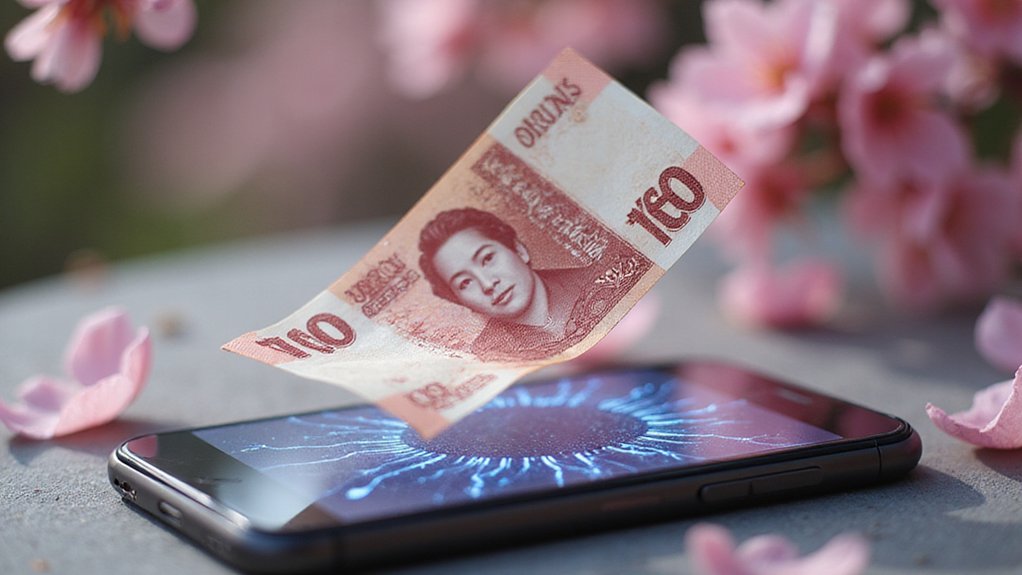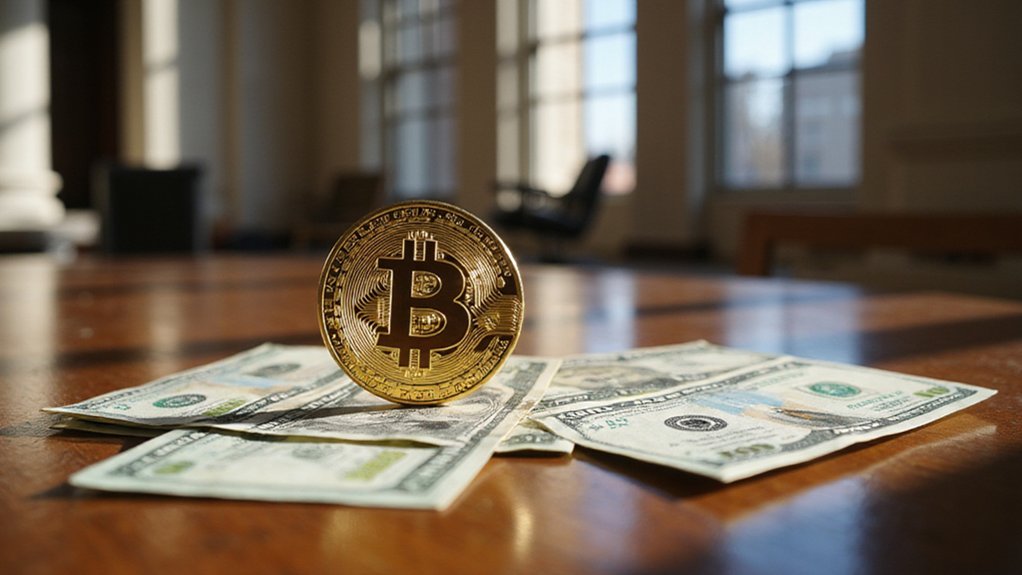Donald Trump’s foray into the volatile world of cryptocurrency has ignited a political firestorm that threatens to derail long-awaited stablecoin regulation.
Senate Democrats—citing concerns about potential conflicts of interest—have blocked legislation that would establish a thorough regulatory framework for digital assets pegged to fiat currencies.
At the center of this controversy lies a planned $2 billion investment from an Abu Dhabi state-backed fund into Binance, using Trump’s stablecoin as the vehicle.
This international financial maneuver has raised eyebrows among lawmakers concerned with potential quid pro quo arrangements that might benefit the former president and his family.
Particularly as they maintain active involvement in crypto ventures that blur the lines between public service and private gain.
The resulting legislative impasse has effectively halted progress on both the Senate’s GENIUS Act and the House’s STABLE Act.
These are comprehensive regulatory frameworks designed to bring order to the currently fragmented oversight of stablecoins.
The crypto industry, which has long clamored for regulatory clarity, now finds itself caught in a political crossfire.
Republicans and Democrats are at loggerheads over the implications of Trump’s digital asset dealings.
Critics argue that this situation exemplifies why legislation must include provisions preventing officials from using stablecoins for personal gain through influence peddling.
Many industry analysts predict that despite the current controversy, the outlook for regulatory clarity in the cryptocurrency space will improve by 2025, potentially creating a more favorable environment for growth.
Further complicating matters, Trump’s crypto projects have offered exclusive incentives to holders, including private dinners with the former president himself.
Initial promotional materials even advertised VIP access and White House tours.
These offerings were subsequently scrubbed but nonetheless amplified concerns about ethical boundaries.
Democrats, led by Senator Murphy, have described the Trump meme coin as the “single most corrupt act” ever undertaken by a president.
Democrats have called for investigations by the Office of Government Ethics, framing the controversy as both a corruption risk and a potential national security concern.
This is due to the involvement of foreign capital in projects linked to a former—and potentially future—president.
Meanwhile, Trump has steadfastly denied profiting from his presidency or current crypto ventures.
As this saga unfolds, the prospect of achieving bipartisan support for stablecoin regulation grows increasingly remote.
This leaves the $2 trillion crypto market in continued regulatory limbo.
Such a situation benefits neither consumers nor legitimate industry participants seeking to operate within clear legal parameters.








